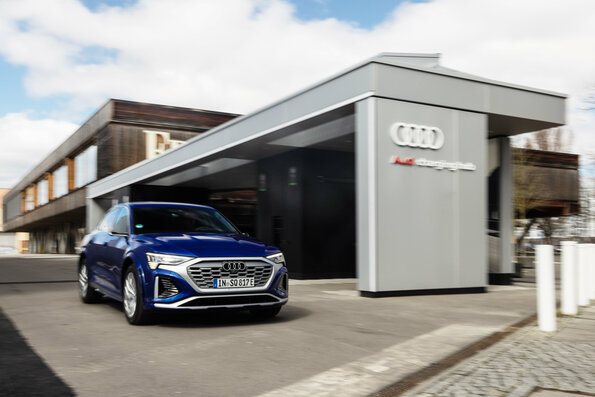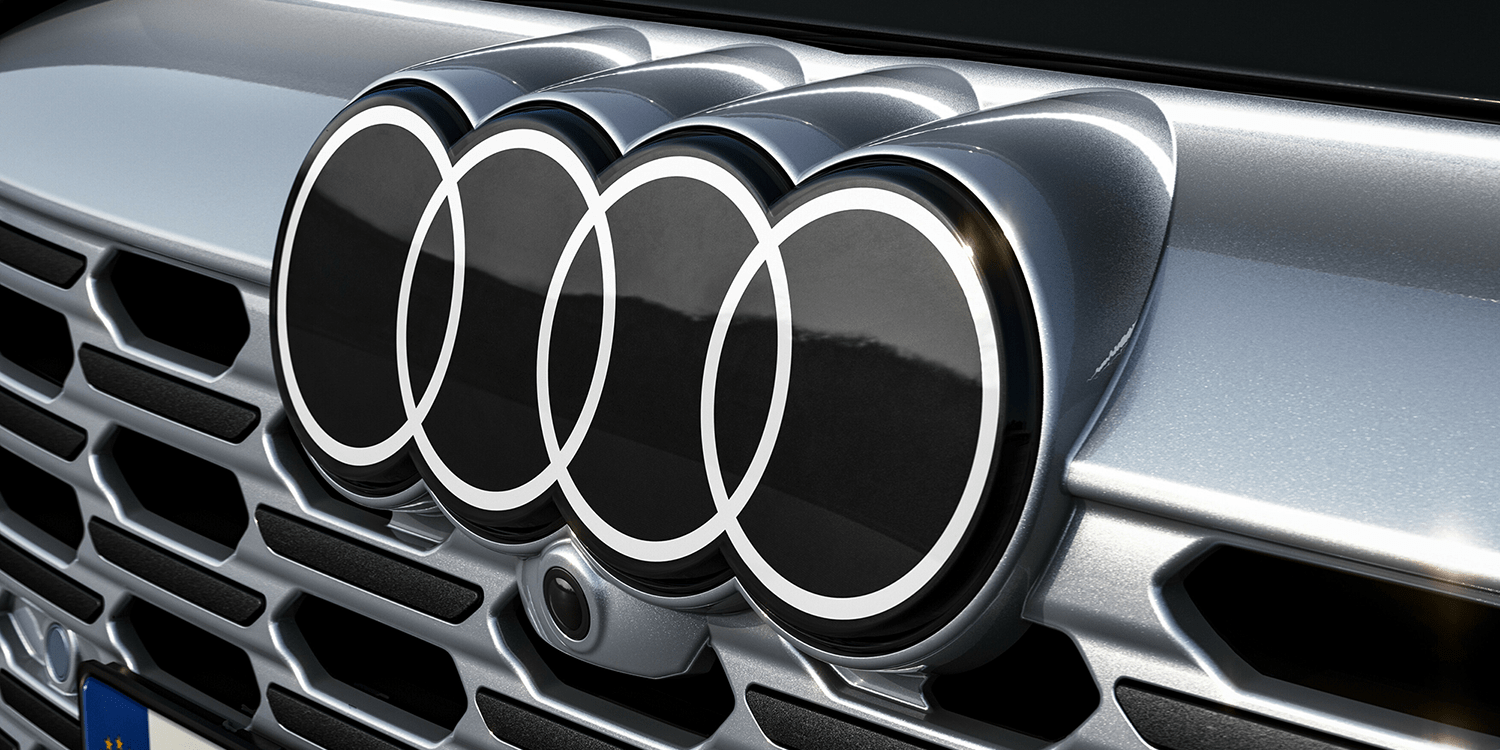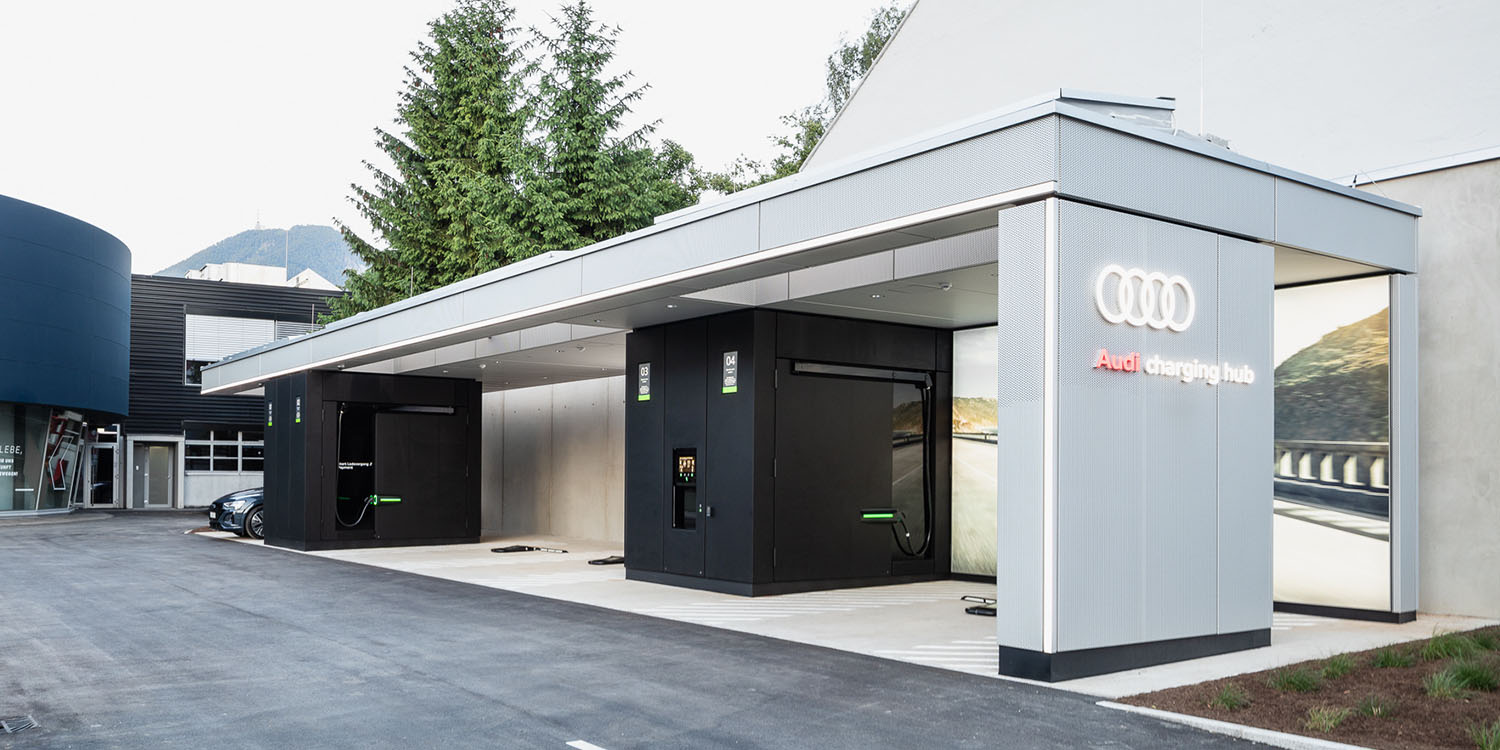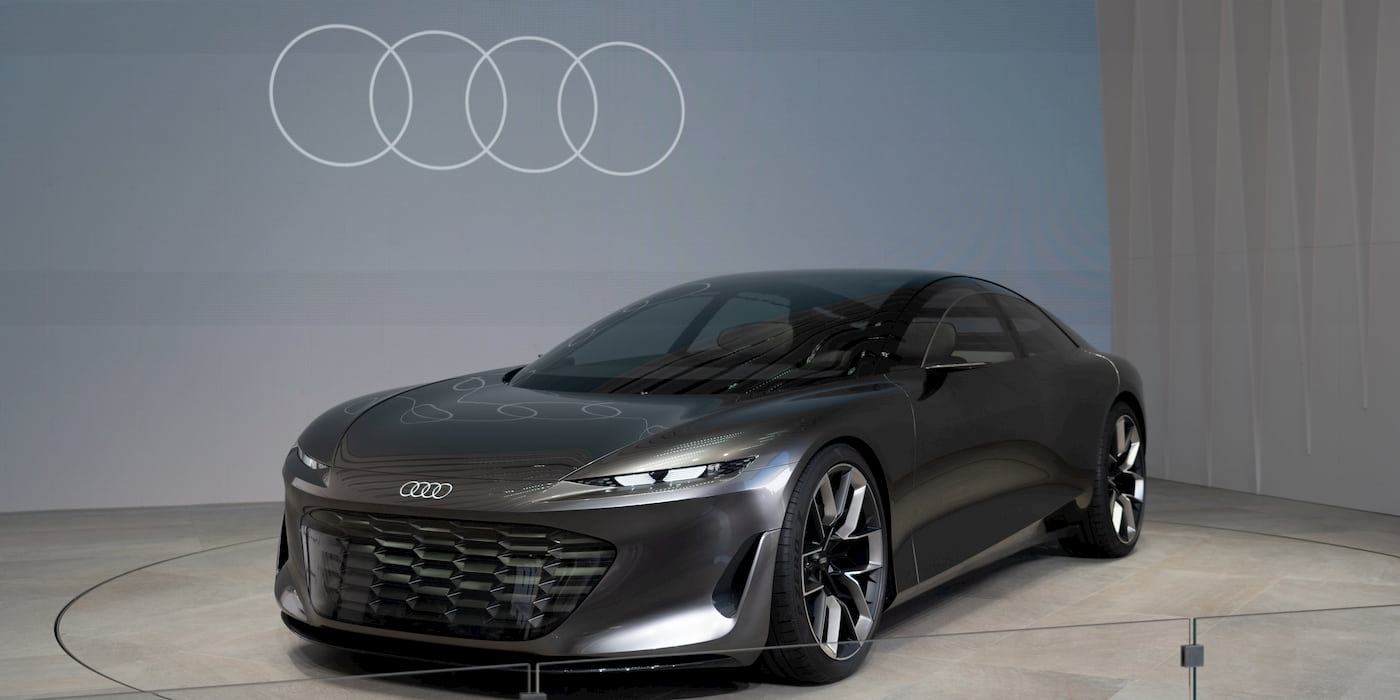Audi, the renowned German automaker, has recently sealed a deal with its dealer network, announcing a shift towards a direct sales model for all its electric vehicles (EVs) in Germany. Commencing on January 1st, 2024, Audi’s EVs will be exclusively sold through dealers on behalf of the automaker, with fixed prices replacing the traditional system where dealers purchased vehicles from Audi and earned profits on the back end. This decision comes as Audi faces mounting pressure from direct-sales competitors such as Tesla.
As reported by Automobilwoche, the agreement guarantees dealers a fixed commission of six percent on sales, accompanied by a flexible payment ranging from 1.5 to 2.5 percent. Industry insiders have revealed that the flexible portion of the payment scheme is expected to stabilize at around 1.5 percent after 2026. It is worth noting that the deal exclusively covers electric models and does not include vehicles powered solely by combustion engines or hybrids.
Audi’s move toward direct sales reflects a growing trend among German automakers. For instance, Volkswagen dealers presently receive a fixed commission of four percent on EVs, along with a two percent flexible remuneration. Meanwhile, BMW plans to offer its dealers a 5.5 percent fixed commission, along with potential bonuses that could result in a maximum profit of 7.4 percent. However, BMW’s program will not commence until 2026.
Mercedes stands out in this regard, as it currently offers its dealers a fixed rate of 6.5 percent for the first two years of their new dealer agreement, which subsequently decreases to six percent. All these automakers are grappling with the challenge of expanding their market share in the electric vehicle domain.
One element of their strategy involves providing customers with fixed prices through direct sales—a practice already adopted by Tesla, Rivian, Lucid, and other industry players. Despite potential criticisms surrounding such pricing methods, customers of these brands enjoy the transparency of knowing the upfront cost without the hassle of markups and negotiations.
However, there is a drawback for customers who relied on dealer rebates. The discontinuation of dealer-set prices means the end of these rebates. Consequently, Audi partners will need to attract customers based on factors other than the final price, at least when it pertains to all-electric models.
Interestingly, Ford has hinted at the possibility of implementing a similar fixed pricing model in the past. However, none of the prominent “big three” automakers in the United States have made significant progress toward adopting this approach thus far.





